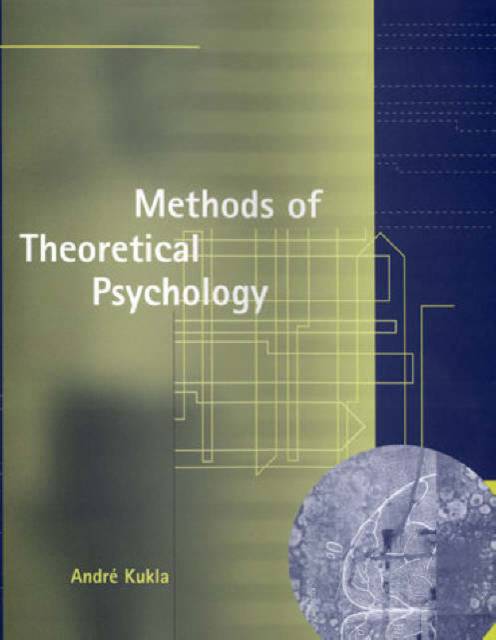
- Retrait gratuit dans votre magasin Club
- 7.000.000 titres dans notre catalogue
- Payer en toute sécurité
- Toujours un magasin près de chez vous
- Retrait gratuit dans votre magasin Club
- 7.000.0000 titres dans notre catalogue
- Payer en toute sécurité
- Toujours un magasin près de chez vous
Description
The aim of this book is not to impart a substantive knowledge of core psychological theories, or even to analyze critically selected theories. Instead, it is to prepare the reader to analyze and advance the theoretical literature in any tradition.
Theoretical psychology stands in the same relation to psychology as theoretical physics does to physics. The traditional way to study theoretical psychology is to take up one approach after another--behavioral, psychoanalytic, cognitive, and so on. The aim of this book is not to impart a substantive knowledge of core psychological theories, or even to analyze critically selected theories. Instead, it is to prepare the reader to analyze and advance the theoretical literature in any tradition.
A good theoretician should be able to contribute to the study of psychoanalytic theory as readily as to behavioral theory. The skills required are the same. Instead of covering a sequence of theories, therefore, the book is organized around types of theoretical activities. It is not a work in theoretical psychology; it is a book about theoretical psychology. It also confronts psychologists' underestimation of the variety and the significance of theoretical work. Many theoretical issues do not call for empirical research--they require nothing but thinking.
Spécifications
Parties prenantes
- Auteur(s) :
- Editeur:
Contenu
- Nombre de pages :
- 325
- Langue:
- Anglais
- Collection :
Caractéristiques
- EAN:
- 9780262112611
- Date de parution :
- 11-05-01
- Format:
- Livre relié
- Format numérique:
- Genaaid
- Dimensions :
- 148 mm x 234 mm
- Poids :
- 585 g

Les avis
Nous publions uniquement les avis qui respectent les conditions requises. Consultez nos conditions pour les avis.






